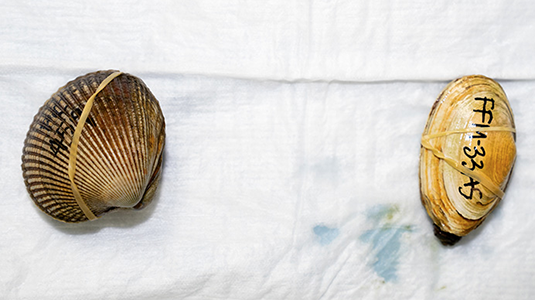— from Susan Zemek for State Recreation & Conservation —
Earlier this month, a woman reportedly released two large coolers of live tilapia into Sammamish Lake, a popular location for water sports and hiking. A concerned citizen saw the act and reported it to the Washington Department of Fish and Wildlife. Upon following up, four fish were found dead, presumably due to the shock of the cold water.
“People often think they are doing a kindness to animals by releasing them into the wild, but, in many cases, those animals are not adapted for our climate and perish,” said Justin Bush, executive coordinator of the Invasive Species Council. “What seems like a humane action often leads to suffering in the end for the animal. In addition, wildlife that can survive may damage Washington’s natural resources and cost thousands of dollars in cleanup costs.”
More than $137 billion is spent each year to manage invasive species in the United States. The costs, both economic and environmental, escalate with every invasive species introduced into the country. Northern pike, for example, are an aggressive, predatory, non-native fish that were introduced illegally for sport fishing and now threaten native salmon and, by extension, orcas. Other introduced species ruin habitat and spread disease.
If you have an animal or plant you cannot take care of, don’t let it loose. Here are a few alternatives:
- Donate unwanted plants and animals to an accredited environmental learning center, aquarium or zoo. You also may contact your local pet store, which might be willing to accept them. Please instruct them to never release them either.
- See the Invasive Species Council’s map of “Don’t Let it Loose” partners who might be able to help you re-home your unwanted pet or give you advice on how to care for them.
- Seal all plants in a plastic bag, freeze for at least 24 hours or until frozen solid, and then place them in the trash. Do not compost the material.
- Contact a veterinarian or pet retailer for guidance on humane disposal of live animals, as a last resort.
If you see something, say something. Use the Washington Invasive Species Council’s free “WA Invasives” app for iOS or Android to report non-native plants or animals. You also can make reports using an online form. Help us prevent the next invasion.
**If you are reading theOrcasonian for free, thank your fellow islanders. If you would like to support theOrcasonian CLICK HERE to set your modestly-priced, voluntary subscription. Otherwise, no worries; we’re happy to share with you.**









Thank you, Ms Zemek, for the important perspective, for explaining it well, and then for providing the community with alternatives. I like your 360 degree thinking— it’s akin to the cradle-to-grave perspective with which we all should become comfortable.